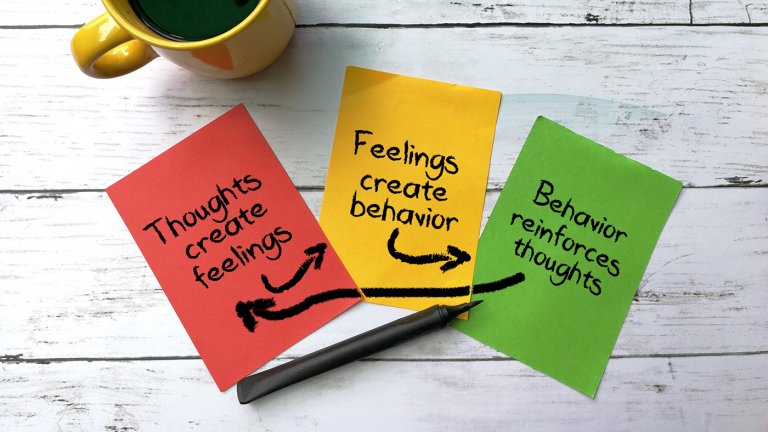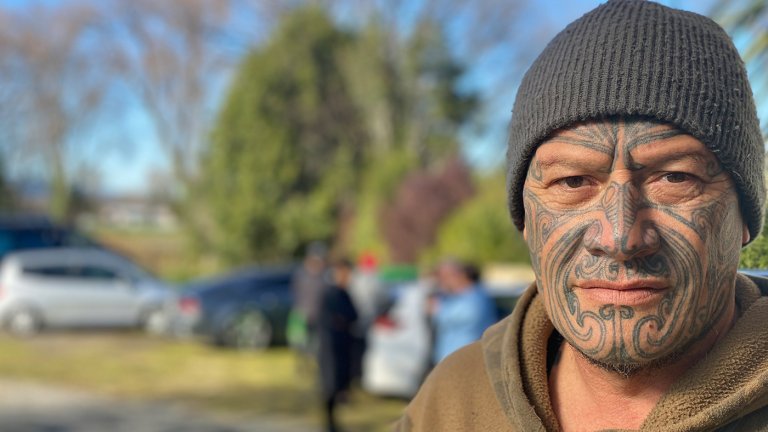The NZ wellbeing budget - An historic moment in our nations history.
New Zealand's Labour coalition government has done something that could prove historic. Led by Prime Minister Jacinda Ardern, it has produced the world's first "wellbeing" Budget, focused explicitly on a single goal: using its limited funds to promote the wellbeing of its citizens.
Among other things, a lot of money will be devoted to three problems: mental illness, child poverty and family violence. New Zealand has clearly been influenced by decades of research on the sources of individual well-being. Contributors to the research include Nobel Prize winner Daniel Kahneman and the late Alan Krueger, who offered important findings about what increases people's well-being and what reduces it.
For public policy, Kahneman and Krueger offered two suggestions. The first "is to focus on mental health interventions," meant to help the "segment of the populationthat spends a great deal of its time in an unpleasant state." The second "is to focus on time allocation," by helping people to shift away from activities that they especially dislike (such as commuting, which could take a significant toll).
More ambitiously, the United Nations Sustainable Development Solutions Network produces an annual World Happiness Report, "ranking 156 nations by how happy their citizens perceive themselves to be."
In all of those nations, people are asked to value their lives today on a scale of 0 to 10 scale, with the worst possible life as a 0 and the best as a 10. You could ask a lot of sceptical questions about that scale, but the results are more than interesting. By the report's measure, the world's happiest nations are Finland, Denmark, Norway, Iceland and the Netherlands.
The U.S. is 19th – right below Belgium and above the Czech Republic. At the bottom are Afghanistan, the Central African Republic and South Sudan. The report also tries to identify the reasons for both high and low levels of self-reported happiness across nations.
Perhaps surprisingly, the most important factor is social support, as determined by people's answers to this question: "If you were in trouble, do you have relatives or friends you could count on to help you whenever you need them, or not?" Whether a nation's citizens say "yes" or "no" is a significant determinant of how happy they are.
Finance Minister Grant Robertson has shifted the budgeting objectives of the Government.Nearly as important is gross domestic product per capita. People tend to be significantly happier in wealthier nations. Advertise with NZME. Life expectancy also matters a great deal. One reason is that it is a good proxy for health. New Zealand currently ranks eighth among the world's nations on the happiness scale, so it's hardly doing badly.
Still, its coalition government wants to shift the focus of the budget so that all of its departments is asking about people's well-being.
The proposed budget would give about $600 million to focus on anxiety and depressive disorders that may not require hospital stays, yet have negative effects on people's lives. If the focus is on well-being, it also makes sense to fund programs targeting domestic violence and child poverty.
But for the increasing number of people who agree that budgetary choices should be made by close reference to wellbeing, there are legitimate questions. The first involves effectiveness. In principle, it is an excellent idea to devote a lot of money to combat mental illness. Do the relevant programmes help? How much? Continuing evaluation is essential. Nations would do better to spend their money on programs that actually solve midsize problems than on those that do little or nothing about large ones.
The second concern is that any sensible budget will focus on programmes and initiatives that could not be simply or directly connected with measurable wellbeing. For example, it is tough to specify how increases in defence spending affect well-being, even though citizens suffer terribly when their nation is threatened or at war. And we don't yet know a great deal about the effects of environmental programs on people's wellbeing.
New Zealand's budget emphasises the need to shift to a low-carbon economy – a laudable goal, in my view, but not one that could easily be connected to research on wellbeing.
The third concern involves economic growth. New Zealand's plan might be read to downplay economic growth and reliance on gross national product in favour of an emphasis on people's wellbeing. But emerging data, including that from the UN report, suggests that growth is a crucial determinant of well-being. It should not be neglected. In this context, the forest is more important than the trees.
Though research on the ingredients of people's wellbeing, and on how policies could increase it, leaves many unanswered questions, it is not too early for nations to take account of what we know. New Zealand has taken an important step in the right direction. Other nations should follow its lead.






